Norovirus is a common virus that causes gastroenteritis, or inflammation of the stomach and intestines. It’s often referred to as “stomach flu,” although it is not related to the flu or influenza, which is a respiratory illness caused by the influenza virus.
Norovirus is highly contagious and is contracted from an infected person and by touching or eating contaminated food, water or surfaces. Symptoms are usually sudden and include watery diarrhea, nausea, vomiting and stomach pain. Headaches, fever and muscle or body aches can also occur. In most older children and adults, symptoms typically last 2 to 3 days, but in children less than 12 months old symptoms can be more severe and last longer.
Treating norovirus infection
As with other causes of viral gastroenteritis, the treatment for norovirus is to treat symptoms while giving the body time to fight off the virus on its own. Unfortunately, antibiotics are not helpful in reducing the symptoms or duration of illness. The best treatment is to drink plenty of liquids, including water or a rehydration solution like Pedialyte to prevent dehydration.
Dehydration can be especially worrisome in an infant or small child. Signs and symptoms to look out for include crying without tears, extreme sleepiness or fussiness, dark urine or fewer than 3 wet diapers a day in infants. If you notice any of these symptoms, you should seek immediate medical attention, as severe dehydration may require fluids to be given directly into the veins through an intravenous (IV) line.
Preventing norovirus infection
Good hand washing is one of the best ways to reduce norovirus from spreading within your family, especially after using the restroom or before preparing food.
Carefully cleaning fruits and vegetables before preparing them and cooking oyster or other shellfish thoroughly also helps. And, of course, whoever is sick with norovirus should not be preparing food for others.
Other tips for reducing norovirus within your family include:
- Wash your hands thoroughly with warm, soapy water after using the bathroom, after changing diapers, before preparing foods and before eating.
- Wash your hands more often when someone in your household is sick.
- Clean and disinfect surfaces with a household bleach solution immediately after vomiting or diarrheal accidents.
- Avoid preparing food for others while you have symptoms, and for at least three days after you recover.
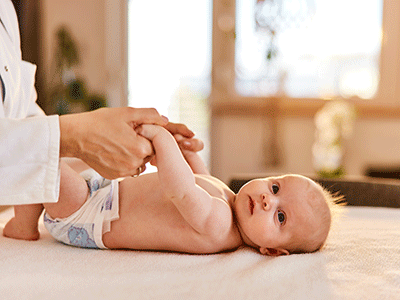 https://riseandshine.childrensnational.org/wp-content/uploads/2023/10/baby-with-doctor-feature.png
300
400
Rise and Shine
https://riseandshine.childrensnational.org/wp-content/uploads/2017/11/childrens_riseandshine_logo.jpg
Rise and Shine2023-10-16 13:00:402023-10-16 13:06:18FAQs about Nirsevimab — the new respiratory syncytial virus (RSV) vaccine
https://riseandshine.childrensnational.org/wp-content/uploads/2023/10/baby-with-doctor-feature.png
300
400
Rise and Shine
https://riseandshine.childrensnational.org/wp-content/uploads/2017/11/childrens_riseandshine_logo.jpg
Rise and Shine2023-10-16 13:00:402023-10-16 13:06:18FAQs about Nirsevimab — the new respiratory syncytial virus (RSV) vaccine


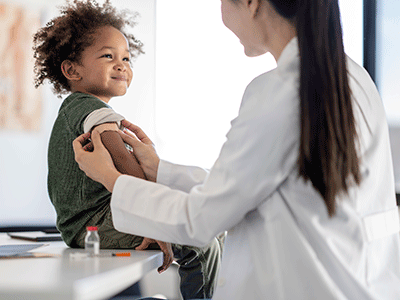


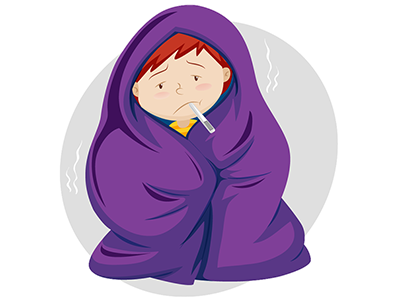
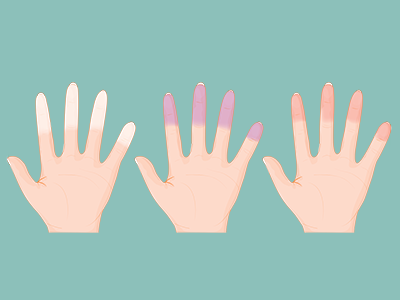
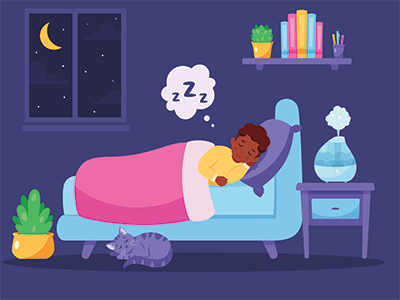
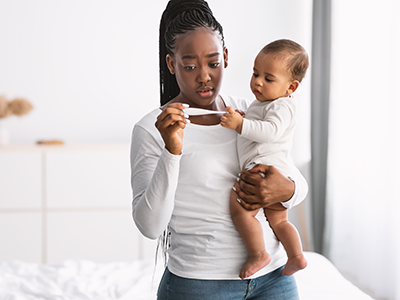
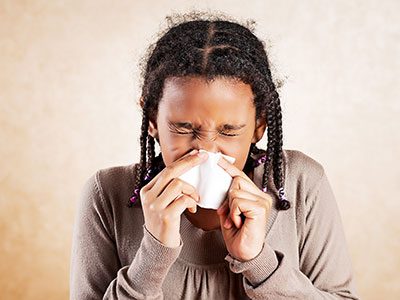
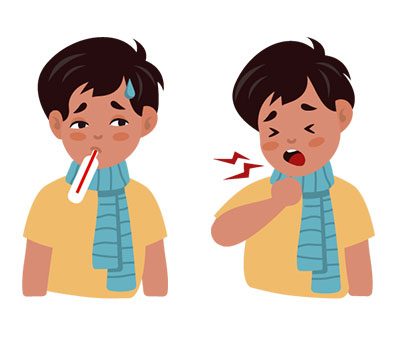
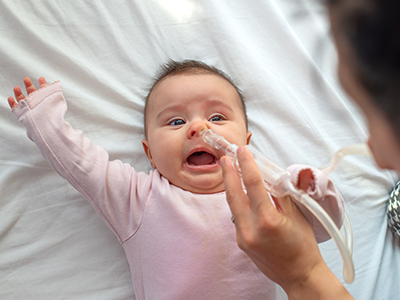
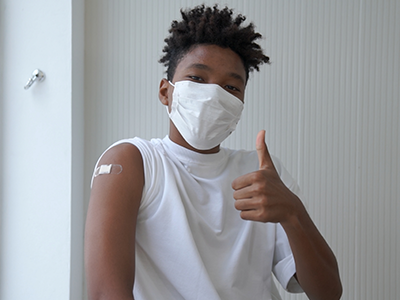
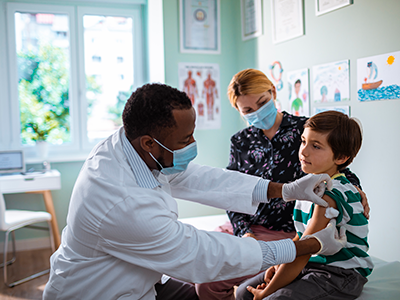
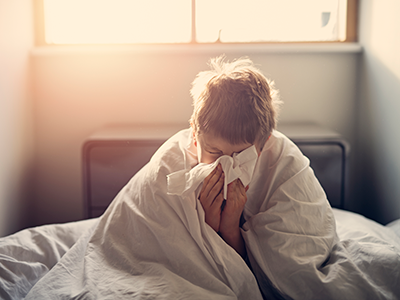
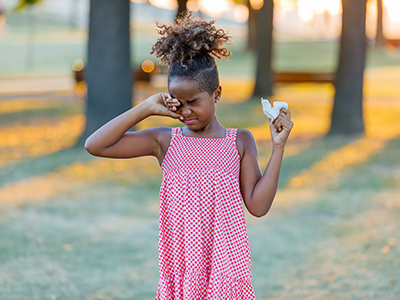

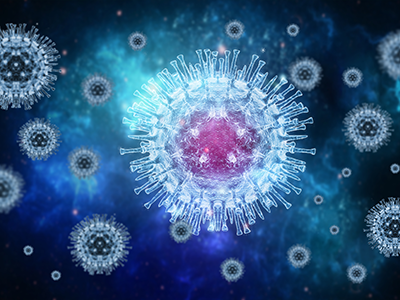

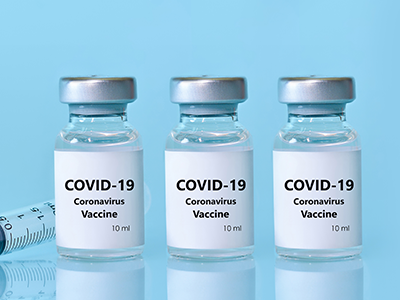
Leave a Comment
Want to join the discussion?Feel free to contribute!